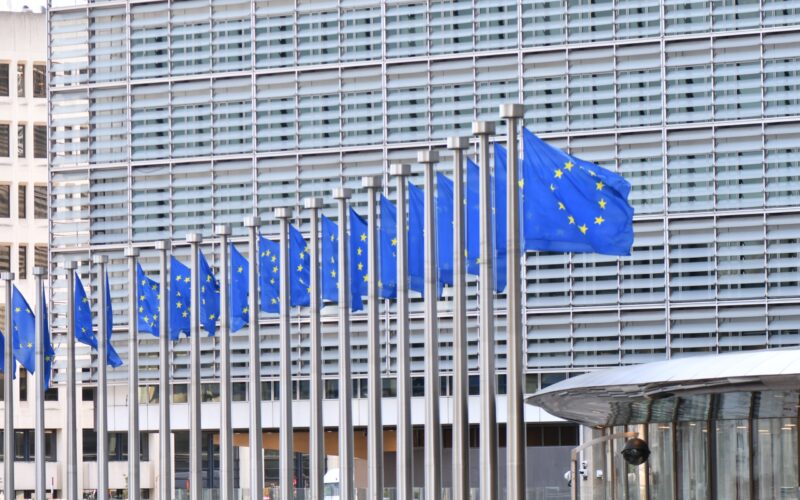The European Union Council has formally adopted a directive to enforce updated air quality standards aimed at reducing pollution across member states. The new rules, aligned with the EU’s goal of zero pollution by 2050, are intended to prevent premature deaths related to air pollution. Notably, the directive grants EU citizens the right to seek compensation if air quality regulations are violated and their health suffers as a result.
The revised standards target pollutants such as PM10, PM2.5, nitrogen dioxide, and sulphur dioxide, which are linked to respiratory illnesses. These standards are now more closely aligned with the World Health Organization (WHO) guidelines. Member states are required to meet the new standards by 2030, although extensions can be requested under specific conditions. Additionally, countries must prepare air quality roadmaps ahead of 2030 if there is a risk of non-compliance.
To ensure consistent enforcement, the directive enhances monitoring and assessment methods across the EU, mandating regular reviews based on the latest scientific evidence. It also strengthens access to justice, allowing affected citizens to claim compensation if their health is harmed due to breaches in air quality standards, promoting accountability among member states.
Once published in the EU’s Official Journal, the directive will take effect after 20 days, giving member states two years to incorporate the regulations into national law. The European Commission plans to review these standards in 2030 and every five years thereafter. The directive consolidates two existing EU air quality laws, aligning them with WHO recommendations to simplify compliance.
Air pollution poses a major health threat in Europe, linked to around 300,000 premature deaths annually. The new directive is part of the EU’s broader zero pollution action plan, which was initiated in 2022 to streamline air quality regulations and better protect public health.





















